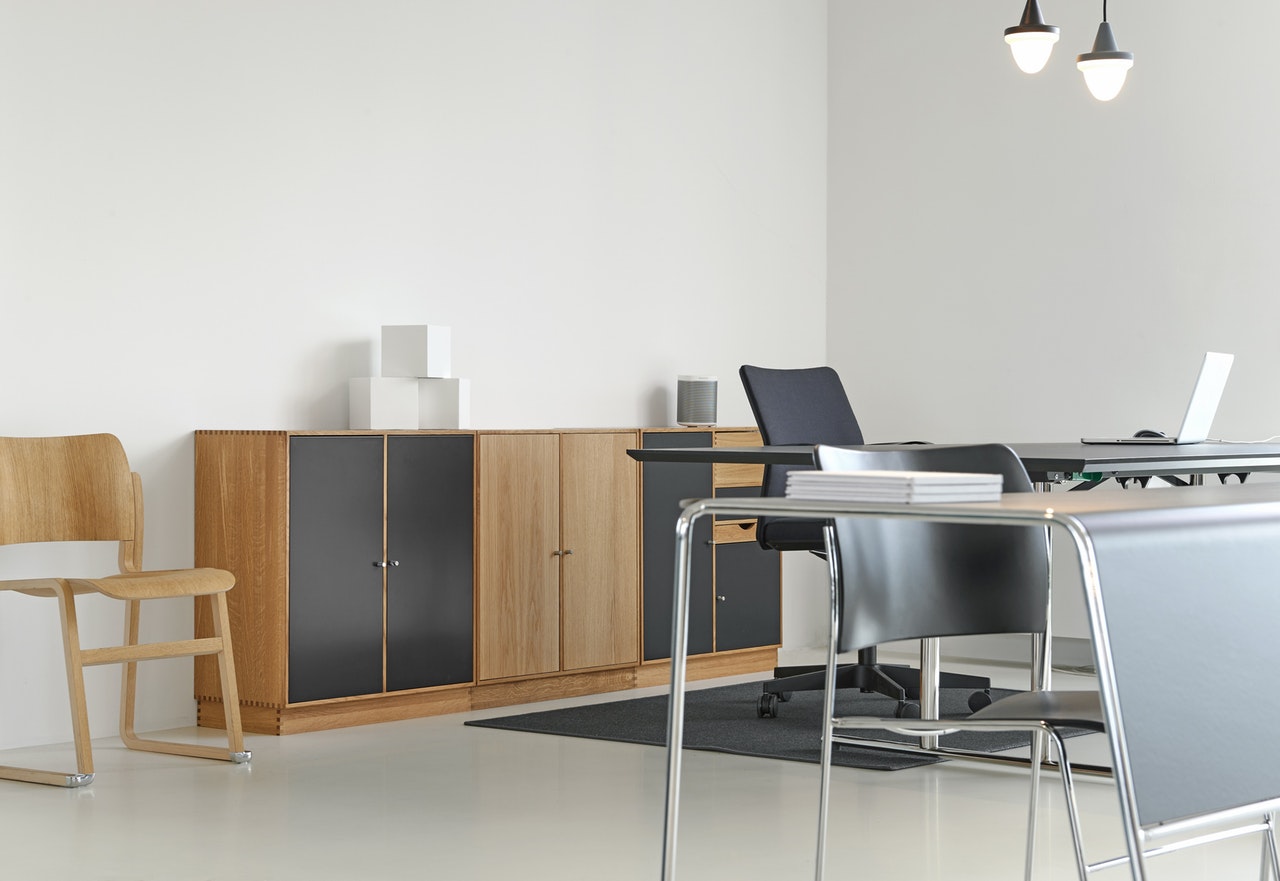One way to learn is to make mistakes. Another way to learn is to listen to a teacher. Another way to learn is to talk to people who have done it before.
By talking to others and sharing experiences we learn quicker. What works, what doesnt work.
Therefore we spoke to some US universities about their surplus reuse programs.
In this case study we interview Glenn Feagley, the Surplus Property manager for Pennsylvania State University to find out how their system works and seek his tips for success.

To be clear Pennsylvania State University are not Warp It customers- we conducted this case study to share their practices so that others can benefit.
Pennsylvania State University was founded in 1855 with the sole purpose of providing students with quality education, while teaching them to be hard-working leaders with a global perspective. It’s one of the largest universities in the US, with a total enrollment of approximately 100,000 students across its 24 campuses and almost 17,000 faculty and staff members. The university has a stated threefold mission of teaching, research, and public service, providing care to more than a million patients a year through its teaching hospital.
As one of the top research universities in the US, Penn State is also a promoter of sustainable development, showing it has an environmentally friendly approach through its Surplus Department. The Surplus Property Program serves as an important function that helps conserve University resources by safely disposing of electronics and a wide variety of other items, such as furniture, desk accessories, office or scientific equipment.
By encouraging recycling and reuse, the Surplus program brings a lot of benefits, not only by minimising landfill waste and supporting sustainability efforts, but also by generating additional income that can be used in the University’s best interest.

The Surplus Department falls under the Purchasing Department and can generate up to $3 million dollars a year, covering operational costs and investment into buying new equipment for the university’s departments. The Surplus Department is managed by Glenn Feagley and has 17 employees, with 11 full-time employees and five or six students. They take care of the whole reuse process from picking up items using trucks from across all campuses, handling and then selling them to generate income. Glenn said: “The biggest thing is to make good ties with the departments in the departments and schools, and make sure they know that you're there to help them to take their product make it turn into revenue and put it back into their departments so they can purchase new equipment.”
The Surplus Department falls under the Purchasing Department and can generate up to $3 million dollars a year, covering operational costs and investment into buying new equipment for the university’s departments. The Surplus Department is managed by Glenn Feagley and has 17 employees, with 11 full-time employees and five or six students. They take care of the whole reuse process from picking up items using trucks from across all campuses, handling and then selling them to generate income. Glenn said: “The biggest thing is to make good ties with the departments in the departments and schools, and make sure they know that you're there to help them to take their product make it turn into revenue and put it back into their departments so they can purchase new equipment.”

Fleet sales
They also have a store, Lion Surplus, that’s open to the public and sells surplus items that are owned by the university to students, faculty members or anyone else. Two of their full-time employees list specialty items on their eBay site, LabX or GovDeals, but the store also holds on-site auctions such as Computer Auction, Bike Auction, and Spring Auction, which are free and opened to the public. Lion Surplus disposes of university-owned equipment such as desks, chairs, filing cabinets, electronics, and scientific equipment.

Community Sales
For the surplus department, it’s not all about generating income and protecting the environment, but also about helping others. Even though they can’t donate their equipment due to state surplus regulations, they collaborate with charity organisations and students who are struggling financially by selling them items to a much lower price than they would normally do.
Lion Surplus enjoy help from student interns. Glenn and his team also try to teach their intern students valuable life lessons, such good work ethics, respect and equality. Glenn said: “We deal with so many people and I always try to teach the student interns that you treat everybody with respect; you can't judge by looks. I teach them to treat everybody equally and then try to teach them when they leave here that they have a good work ethic because it's labour intensive here. Our main goal is to try and put as much of it back in the Penn State system but right up there with it is keeping it out of the landfill, doing what’s right, making sure it’s handled correctly. Sustainability wise that’s our goal. The best thing for me is the staff that work here, we work together and I always think you’re only as good as the people that surround you. That’s the most important thing.”
There's a beautiful video of Glenn below created by Auxiliary and Business Services at Penn state. Enjoy!
Thanks Glenn!








